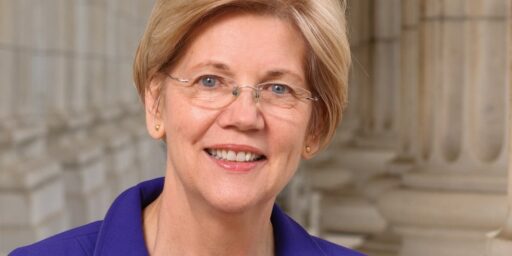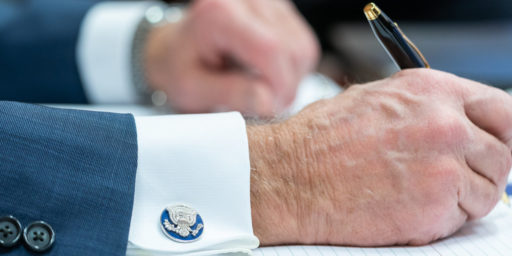THE U.N.’S ROLE
UN Secretary-General Kofi Annan thinks it’s time to rethink his organization’s role.
The events of the last year have exposed deep divisions among members of the United Nations on fundamental questions of policy and principle. How can we best protect ourselves against international terrorism and halt the spread of weapons of mass destruction? When is the use of force permissible – and who should decide? Does it have to be each state for itself, or will we be safer working together? Is “preventive war” sometimes justified, or is it simply aggression under another name? And, in a world that has become “unipolar,” what role should the United Nations play?
These new debates come on top of earlier ones that arose in the 1990s. Is state sovereignty an absolute and immutable principle, or does our understanding of it need to evolve? To what extent is it the international community’s responsibility to prevent or resolve conflicts within states (as opposed to wars between them) – particularly when they involve genocide, “ethnic cleansing” or other extreme violations of human rights?
These are indeed the right questions. The problem is that consensus on these things is unlikely to ever be achieved. The gap between the West and the Rest continues to widen, as does that between the World’s Sole Remaining Superpower and the states in Western Europe coping with no longer being great powers.
In fact, to many people in the world today, especially in poor countries, the risk of being attacked by terrorists or with weapons of mass destruction, or even of falling prey to genocide, must seem relatively remote compared to the so-called “soft” threats – the ever-present dangers of extreme poverty and hunger, unsafe drinking water, environmental degradation and endemic or infectious disease.
Let’s not imagine that these things are unconnected with peace and security, or that we can afford to ignore them until the “hard threats” have been sorted out. We should have learned by now that a world of glaring inequality – between countries and within them – where many millions of people endure brutal oppression and extreme misery is never going to be a fully safe world, even for its most privileged inhabitants.
Certainly true. But the fact remains that the states in position to fund the U.N. and do anything about these issues are under threat from terrorists. So it’s only natural that we’ll be interested in ensuring our own survival. These things aren’t mutually exclusive–the wealthy countries spend tens of billions of dollars annually on assistance to the poor–but they do create conflicting goals as to the mission of the UN.
To my mind, recent events have only underlined the need for the United Nations. That’s why I convened a panel, chaired by former Prime Minister Anand Panyarachun of Thailand, to examine the future of our organization. The panel holds its first meeting this weekend.
Its role is threefold: to analyze current and future threats to peace and security; to assess the contribution that collective action can make in meeting these threats; and to recommend the changes needed to make the United Nations a legitimate and effective instrument for a collective response. How, in particular, can the United Nations “take effective collective measures for the prevention and removal of threats to the peace,” which is one of its purposes, as defined in Article I of its charter? I hope the panel will complete its report by autumn 2004.
If it does its work well, history may yet remember the current crisis as a great opportunity that wise men and women used to strengthen the mechanisms of international cooperation and adapt them to the needs of the new century.
This is a worthwhile project and action is better than inaction. I fear, however, that this is a circle that can’t be squared. The General Assembly is dominated by the poor countries, since it operates on one state, one vote. The Security Council, always a tenous mechanism, is virtually useless because its five Permanent Members have an absolute veto. And I don’t see the small states giving up the priciple of sovereign equality nor the Permanent Five giving up their vetos.
My guess is that the UN will continue to muddle along, being a superb mechanism for distributing international aid, occasionally useful at the right kind of peacekeeping-nation building missions, and virtually worthless as a collective security mechanism.





